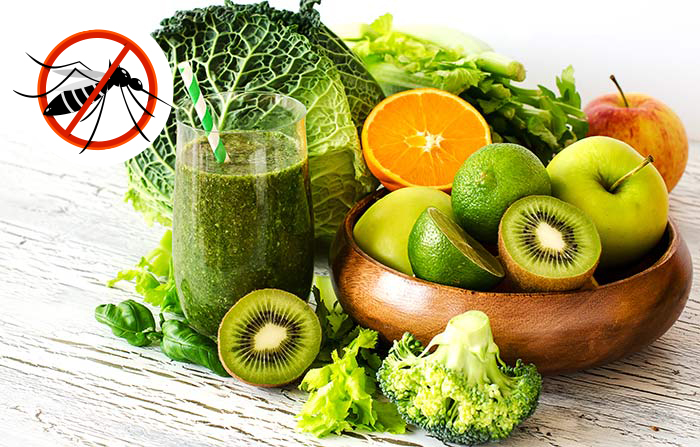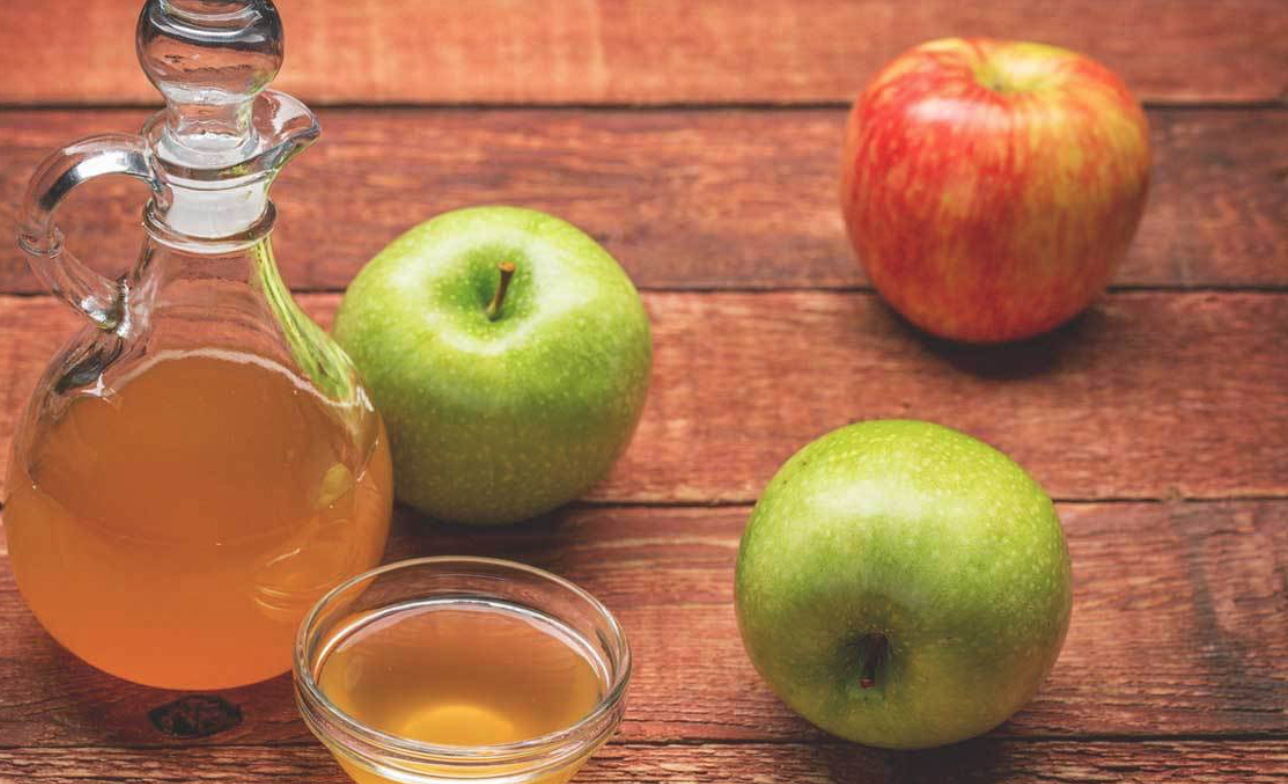Squash is one of the most versatile and delicious foods available throughout the world, and it packs a serious punch in terms of health and medicinal benefits. Different varieties of squash have the ability to improve vision, aid in skin care, strengthen the immune system, prevent cancer, manage symptoms of diabetes, build strong bones, protect heart health, and reduce the symptoms of insomnia. It also helps prevent inflammatory conditions, treat arthritis, eliminate ulcers, eliminate parasites and infections, improve prostate health, protect against birth defects, boost respiratory health, and reduce blood pressure. Here are some benefits of squash.
What is Squash?
Squash is a very interesting fruit, which is often identified as a vegetable because it is a broad term that encompasses a number of different foods, including pumpkins, zucchinis, courgettes, and marrows. They have a number of overlapping characteristics and belong to the genus Cucurbita. The individual species include dozens of varieties, including buttercup, Hubbard, cushaw, acorn, summer, autumn, and winter squash. Other varieties include pumpkin and zucchini. In North America, most of the varieties are simplified into either summer or winter squash. These classifications depend on when the squashes ripen, and what flavor and health benefits the users are trying to gain. It also includes gourds, of which there are many classifications as well.
Not only are they one of the largest groups of foods, they are also some of the oldest cultivated crops on earth, with archaeological data tracing their origins back to 10,000 years ago in Mesoamerica. They were famously one of the Three Sister crops, cultivated by Native Americans, who eventually shared them with European settlers. These three vegetables were commonly grown together and included corn (maize), beans, and squash. They provided the staple elements of the diet of early American culture and a number of other cultures throughout the region.
When it comes to culinary applications, squash is extremely flexible and is commonly used as an element of salads when fresh. They can be cooked as baked vegetables with meat, flattened into patties, fried, or included as a base flavor for soups. The seedsof squash are also edible and can be made into a number of forms or their oils can be extracted. The shoots and tendrils of squashes can also be eaten as greens in a salad. The question is, what is so important about squash, and why should we add it to our diet?
Nutritional Value of Squash
Squash has a very rich nutritional profile that consists of various organic compounds, nutrients, vitamins, and minerals, which are responsible for providing all its impressive health benefits. This list includes a huge amount of vitamin A, as well as significant amounts of vitamin C, vitamin E, vitamin B6, niacin, thiamin, pantothenic acid, and folate. In terms of minerals, squash contains magnesium, potassium, manganese, copper, phosphorus, calcium, and iron. It is also a very good source of carotenoids and other important anti-inflammatory and antioxidant compounds.
Health Benefits of Squash

Let’s explore how these components impact human health, and what benefits can be enjoyed by adding squash to our diet! Here are some squash health benefits :
Anti-inflammatory Capacity
Although talking about inflammation usually includes a discussion of arthritis or gout, it can occur throughout the body and is often a symptom of other conditions, like a feverthat is a signal of an infection attacking the body. The anti-inflammatory activity of squash is due to the presence of omega-3 fatty acids, carotenoids like lutein, zeaxanthin, and beta-carotene, as well as somewhat unusual anti-inflammatory polysaccharidescalled homogalacturonan. Although anti-inflammatory effects can certainly extend to arthritis and gout, studies on squash have specifically linked its impact to reducing gastric and duodenal ulcer reduction, as well as to general anti-inflammation of the cardiovascular system. [6] Inflammation in the body is closely linked to type-2 diabetes, which is yet another way in which it can help those suffering from that condition.
Treats Neural Tube Defects
Squash has significant levels of folate, which has long been known as an essential vitamin for pregnant women. Folic acid, or folate, is integral in developing the neural aspects of infant health. Neural tube defects have been directly linked to a deficiency in folic acid, so adding squash to your diet is always a good idea.
Boosts Immunity
Squash is an important source of many nutrients, including vitamin C, magnesium, and other antioxidant compounds. These vitamins and minerals are important antioxidant components in the body, which help to neutralize free radicals throughout the body. Free radicals are the dangerous by-products of cellular metabolism, and they have been connected with a wide swath of illnesses, including cancer, heart diseases, and premature aging. Furthermore, it contains very high levels of vitamin A, including carotenoid phytonutrients like lutein and zeaxanthin. All of this together helps the body boost its immune response and defend against foreign substances, as well as the free radicals produced by our own body that may do us harm over the long term.
Protects Heart Health
The magnesium and potassium present in squash combine to form a very effective defense line against cardiovascular issues. [9] Potassium is a vasodilator, which means that it relaxes the tension of blood vessels and arteries, thereby increasing blood flow and reducing the stress on the heart. This also increases oxygenation to various organs of the body and improves their functioning. The fiber, including pectin, found in squash is very good at scraping excess cholesterol from the walls of arteries, thereby reducing the chances of atherosclerosis, heart attack, and stroke. Finally, the high levels of folate in squash are able to neutralize harmful levels of homocysteine that builds up in the body. Homocysteine has been linked to increased chances of developing cardiovascular diseases.
Manages Diabetes
Proper, regulated metabolism of sugar in the body is the best way to manage the symptoms of diabetes, a disease which afflicts millions of people all around the world. Squash is a great source of B-complex vitamins, all of which are essential in metabolic activity. Furthermore, certain types of squash contain good amounts of dietary fiber, including the polysaccharide known as pectin. Pectin is an essential element in blood sugar regulation throughout the body, making sure that the insulin and glucose activities within the body remain constant and smooth. This ensures proper function of different organ systems and a reduction in the plunges and peaks that can make the life of diabetics’ difficult.
Regulates Blood Circulation
Many varieties of squash have high levels of iron and copper, both of which are essential components of red blood cells. [11]What this means is that with enough squash in your diet, you can reduce your chances of developing anemia (iron deficiency) and you can generally increase circulation within your bloodstream, which can increase oxygenation, brain function, and overall energy levels.
Strengthens Bones
The high levels of essential vitamins found in squash make it a very important part of developing bone matter and bone mineral density. Squash is a valuable source of zinc, calcium, manganese, and other very important trace elements. This can help reduce your chances of developing osteoporosis as you age and ensure the strength and durability of your bones.
Prevents Infections
The natural immune-boosting ability of squash is great for general illnesses, but specific toxins and foreign bodies can also cause serious health issues. The seeds of squash can also be eaten or chewed to get a number of health benefits. These seeds have been directly connected to antiparasitic, antimicrobial, and antifungal activity within the body, protecting us from a wide variety of diseases, including tapeworms and other intestinal parasites.
Treats Asthma
The antioxidant and anti-inflammatory properties of squash have been linked to a reduction in asthmatic conditions, primarily because the irritation that causes asthma can be eliminated by eating a diet that includes squash.
Improves Vision
It may be hard to believe, but a single serving of squash can contain more than 400% of your daily requirement for vitamin A, due to the massive amount of beta-carotene found in it. [3] Beta-carotene can actually be split by an enzyme to form vitamin A, but the body will only convert as much as is necessary. In other words, eating squash will give your body all the vitamin A it needs, with plenty of beta-carotene to spare. Beta-carotene is an antioxidant compound essential for good eye health. High levels of beta-carotene have been connected with reduced chances of macular degeneration, cataracts, glaucoma, and other vision issues.
Improves Lung Health
The vitamin in highest quantities within squash is vitamin A, and studies have linked vitamin A to a reduction in emphysema, particularly for those who are consistently exposed to carcinogens like cigarette smokes. There is also an important carotenoid called beta-cryptoxanthin that has been linked to a reduction in the occurrence of lung cancer. Lung cancer is one of the most common forms of this terrible disease, so an increase in foods that contain vitamin A can be a very important protective element.






